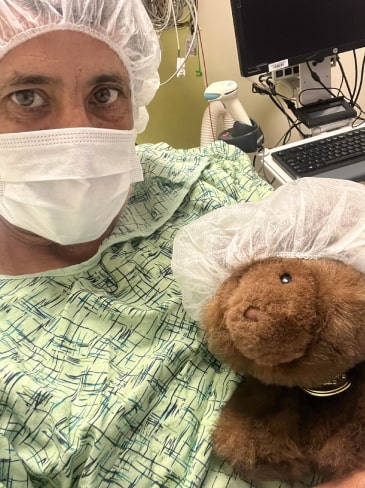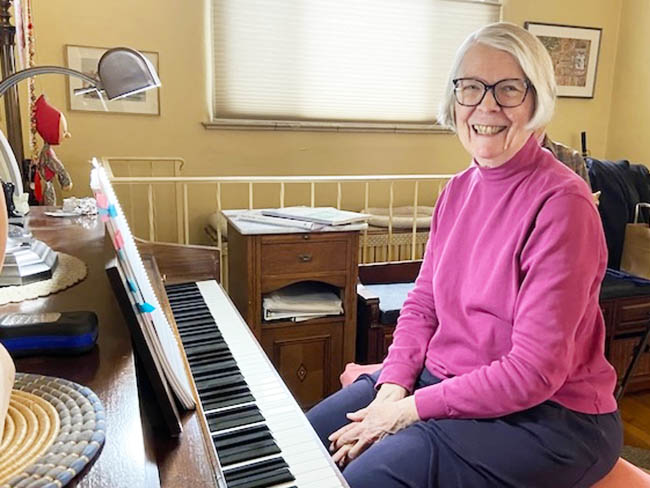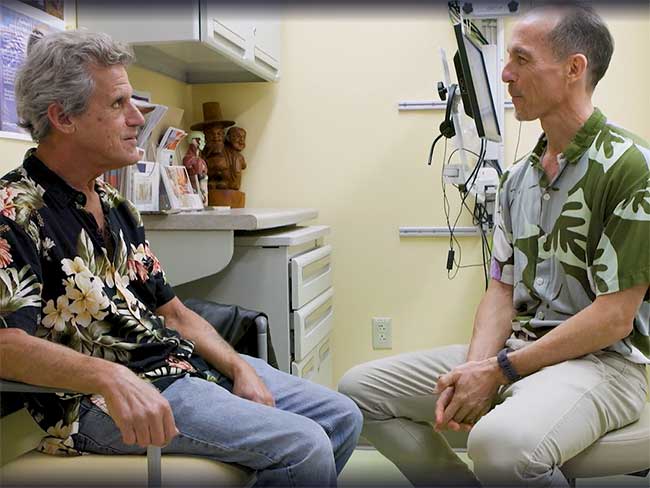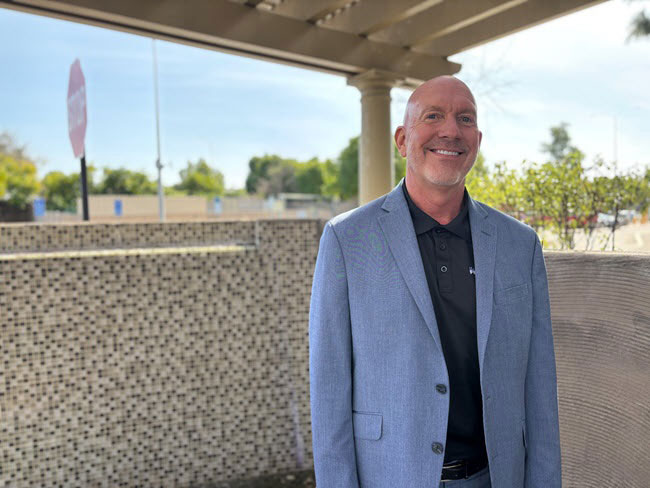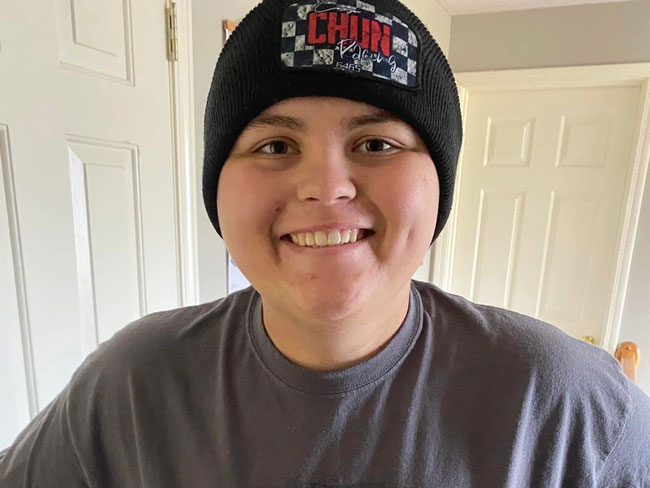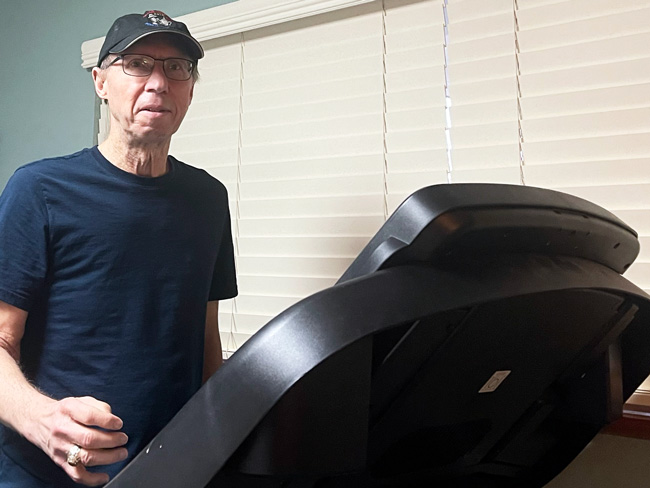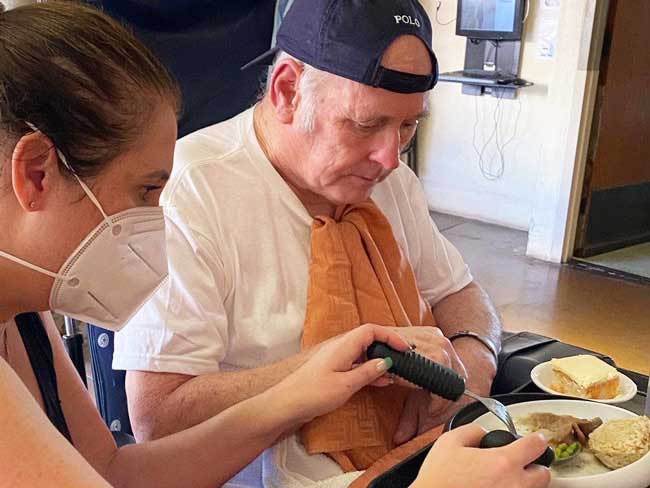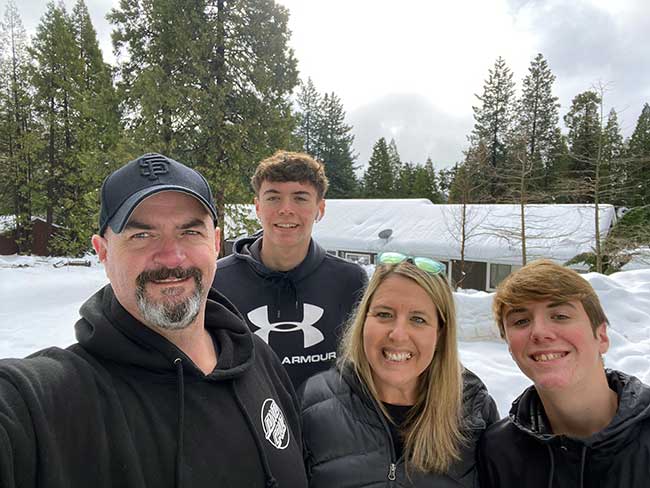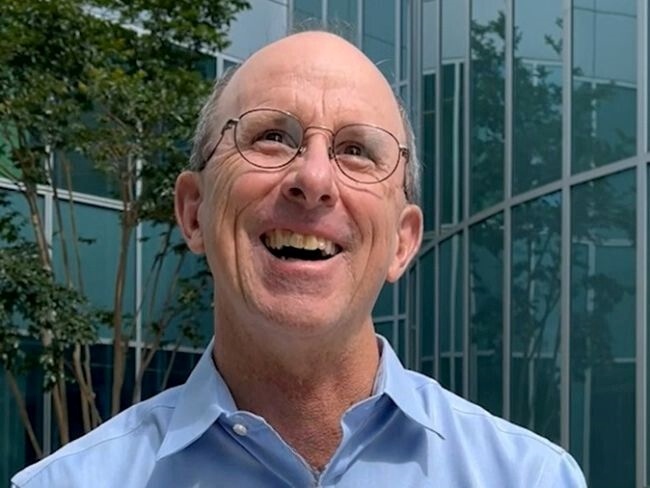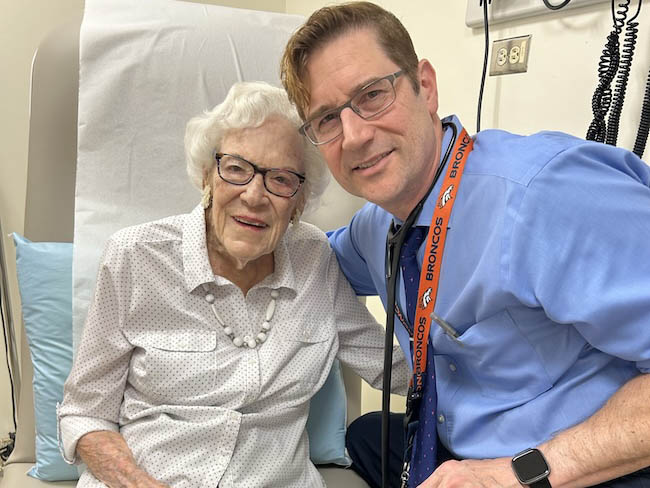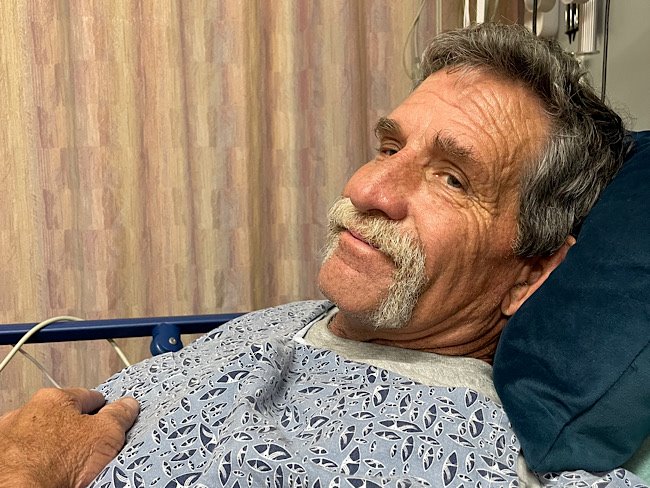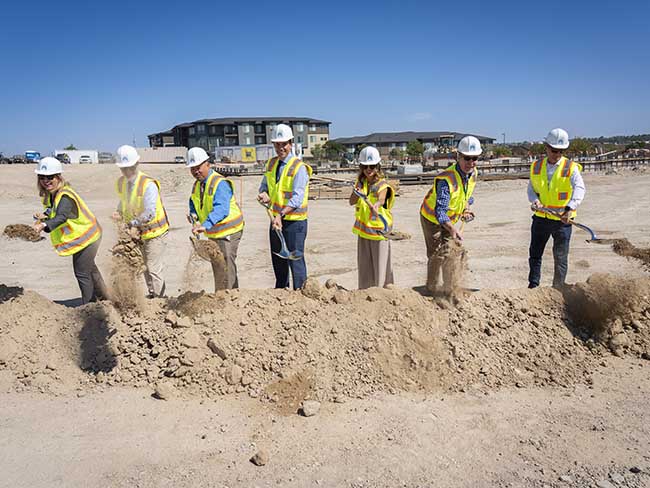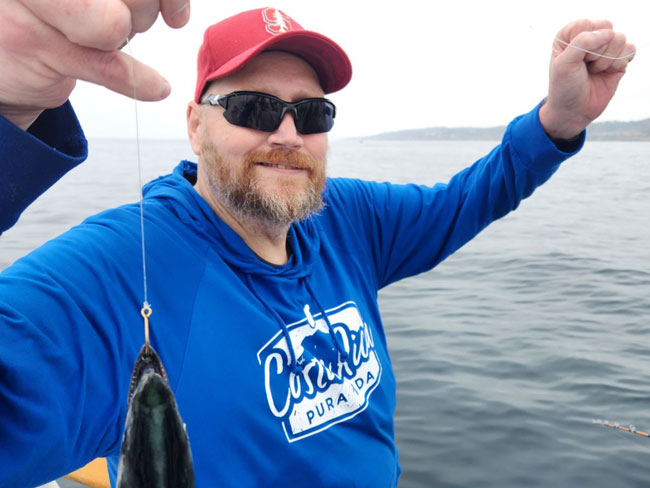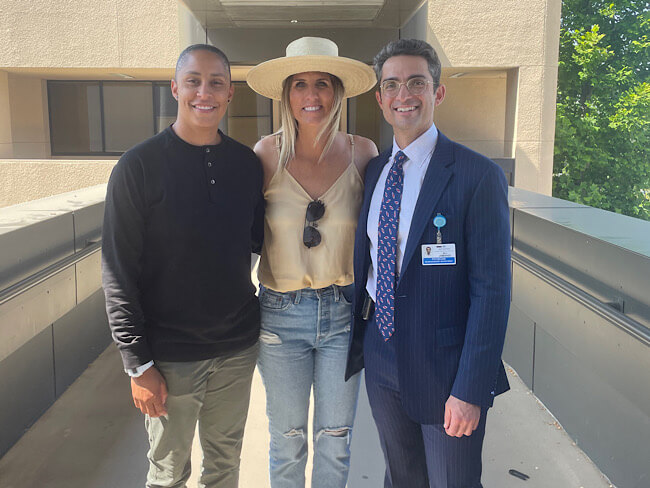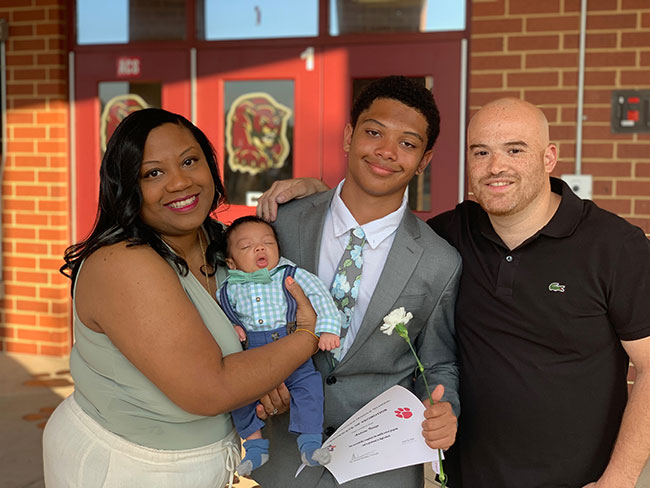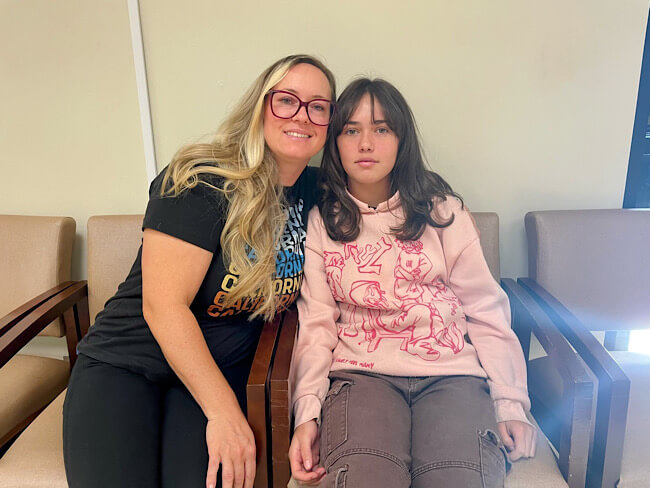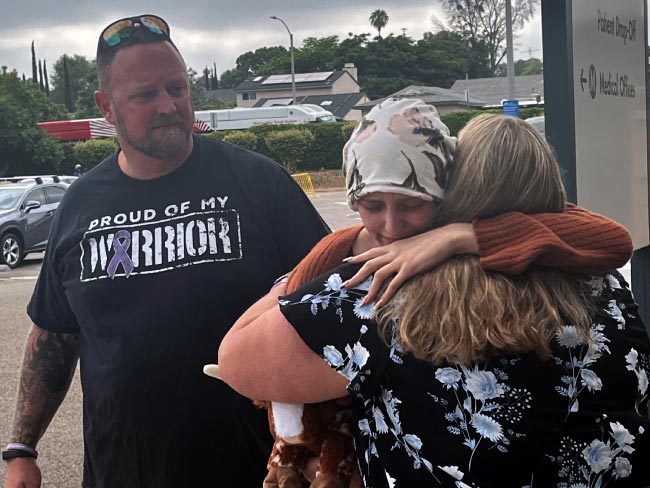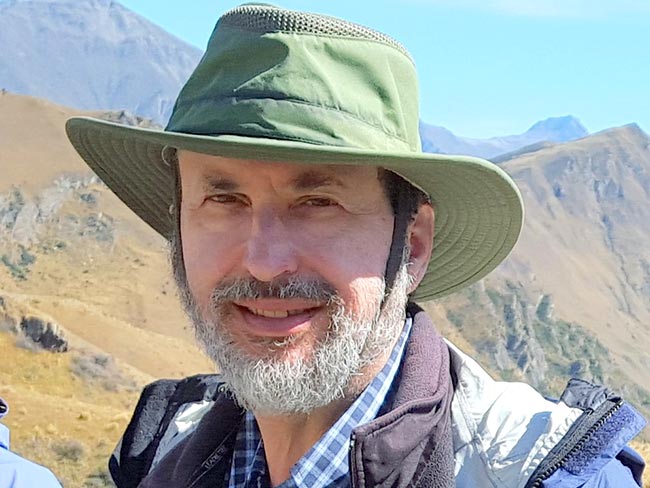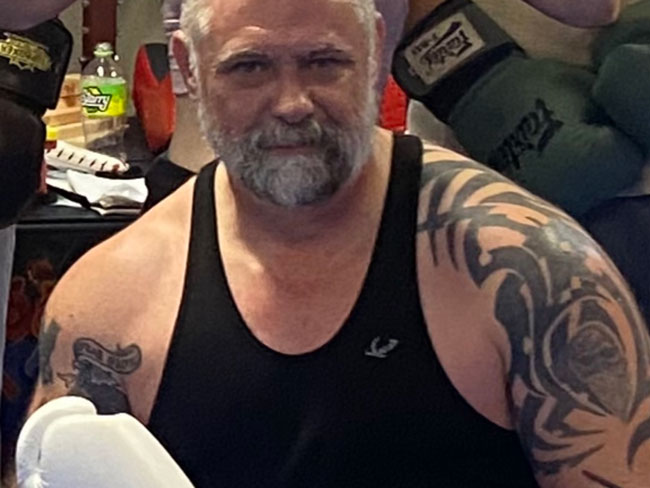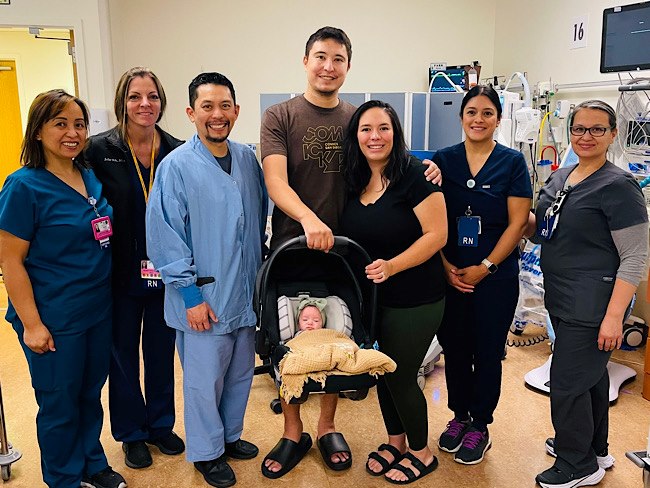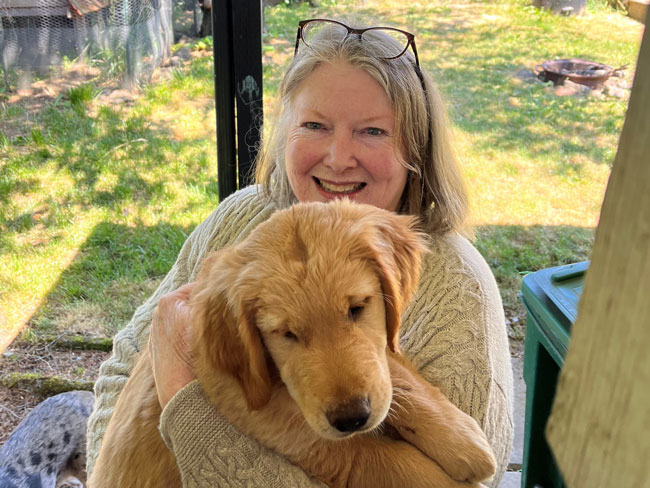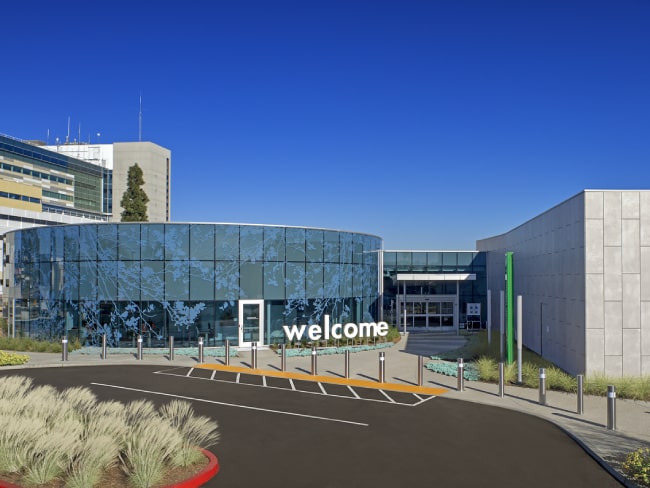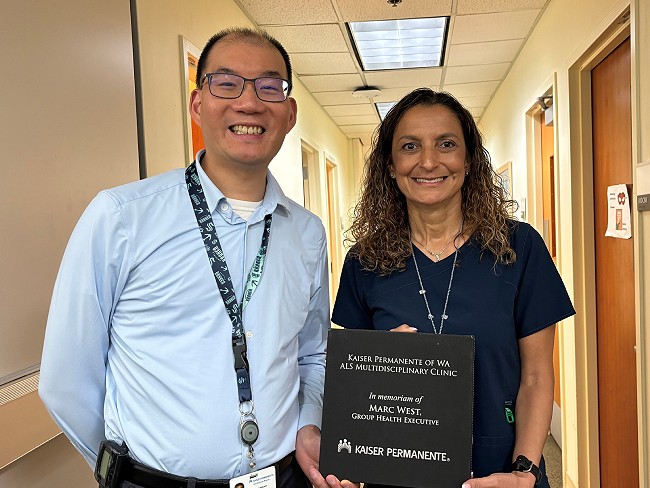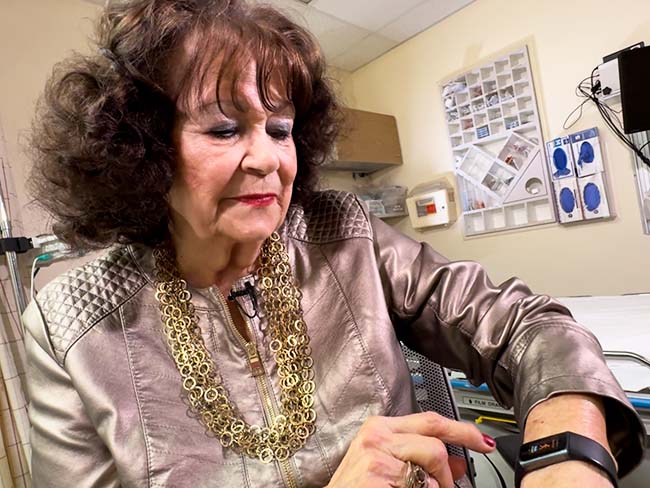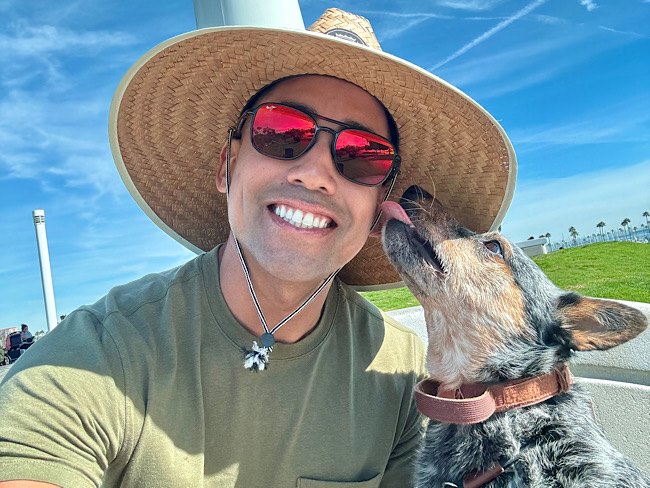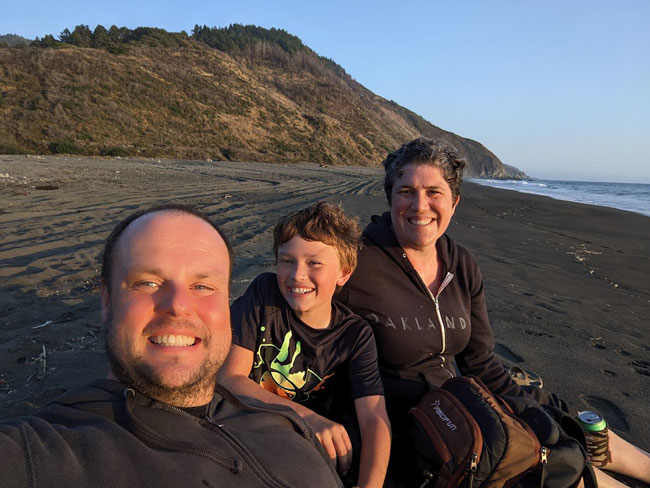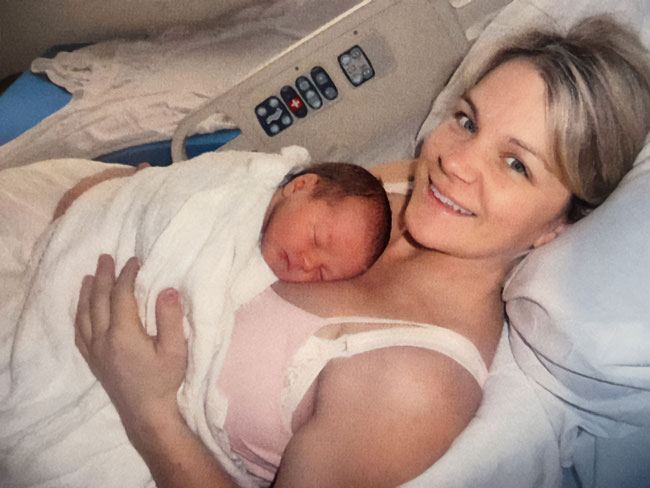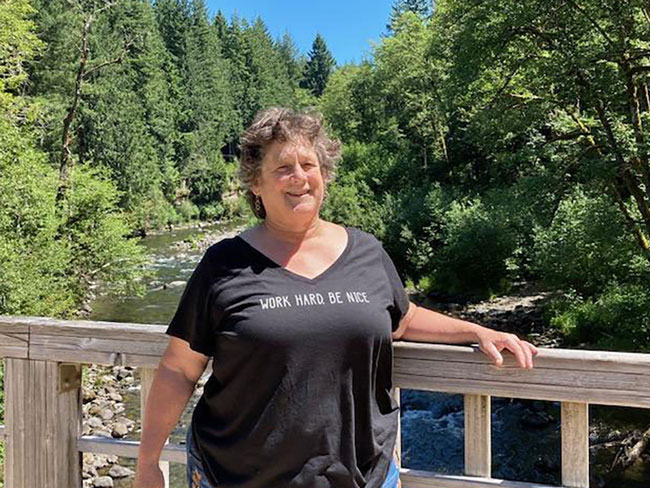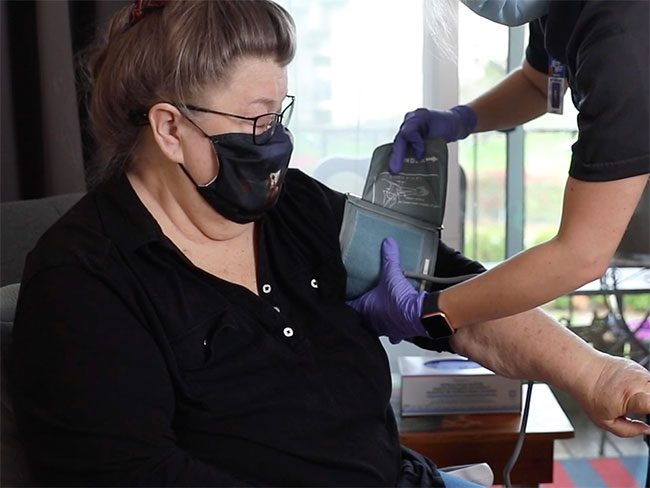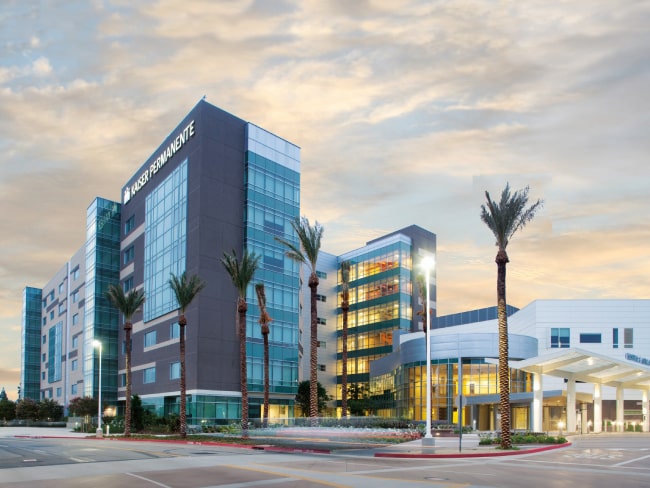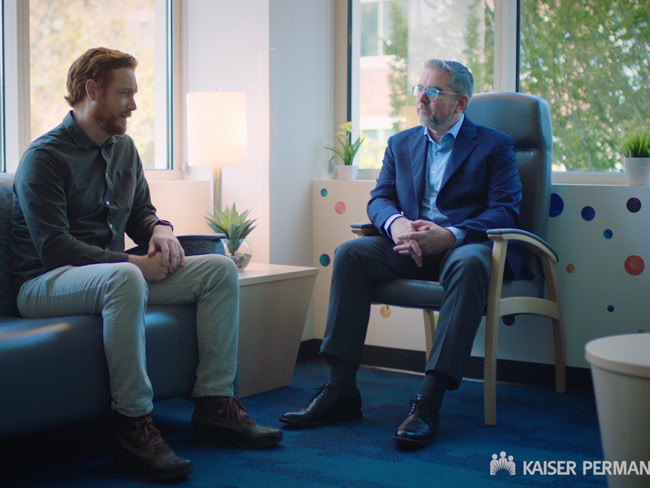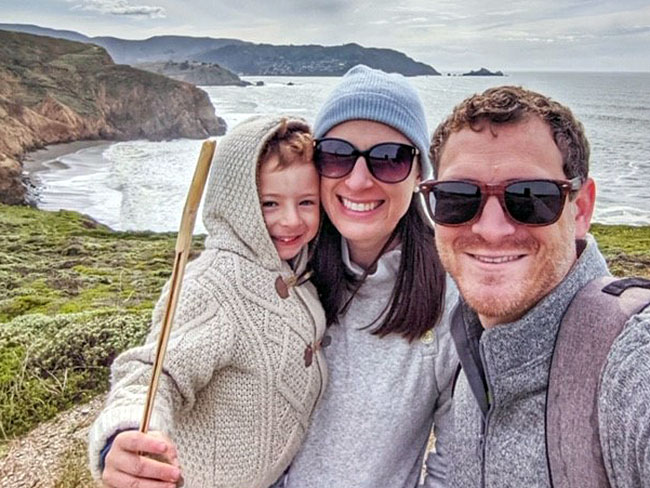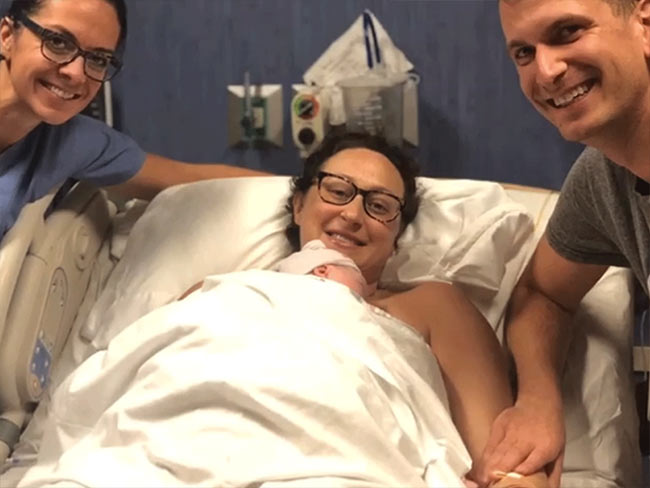Conquered 2 cancers while climbing mountains
Chris Hogan faced kidney cancer and prostate cancer at the same time. He hopes his story of determination and resilience will inspire others in their own fight.
Chris Hogan after scaling White Mountain Peak, the third-highest peak in California.
As Chris Hogan felt the stress from his job intensifying, he had no idea that he would soon be in for the fight of his life.
After noticing that his blood pressure was consistently higher than normal, Hogan, a Kaiser Permanente member from the San Bernardino, California, area, went in for a health check. The results of his blood test showed high prostate-specific antigen (PSA) levels, which can indicate the presence of prostate cancer.
Hogan wasn’t totally surprised by the results, as he has a family history of prostate cancer. He was screened at age 40, but that test came back negative. This time, at age 50, a biopsy of his prostate revealed stage 3 cancer. Hogan wanted to take the most aggressive approach in attacking the cancer, so he chose to have surgery to remove the tumor instead of radiation therapy. However, he encountered a major, unexpected roadblock.
Preoperative CT scans of his body showed a mass on his right kidney, which was later confirmed to be stage 3 kidney cancer. His surgeon estimated that the cancer had gone undetected for 10 to 15 years.
“At age 40, I was cancer-free and received a perfect bill of health,” said Hogan. “All of a sudden, at age 50, I have 2 cancers. All these years, there were no indications I had either of these cancers.”
Hogan was told he had around 17 years to live. Despite the uncertainty of his future, he was determined to give it his all.
One step at a time
In April 2021, Hogan had a successful open abdominal surgery to remove the entire kidney.
He was eager to have the next surgery to address his prostate cancer. But doctors told him that he would need to do radiation therapy instead, because timing surgeries too close together can potentially slow healing and make recovery more challenging.
Rather than laying around and feeling sorry for himself, Hogan was determined to prove himself strong enough to schedule a second surgery. The following day after his kidney surgery, the nurse asked him to walk 4 laps around the hospital’s recovery floor. Hogan did more than that — he took 5,500 steps.
“I said ‘this cancer is not going to stop me’ and I just kept going,” he recalled. “When they said to do 3 reps of a rehab exercise, I did 10. When they said to come in at a certain time, I showed up early.”
That’s also when he started climbing mountains as a way to push his body to its limits and stay motivated.
Spreading hope in the hallways
With such frequent appointments, Hogan became a fixture in the hallways.
“The cancer halls are a lonely world,” he admitted. “I would walk the halls and see a lot of people who were down and sad, and I didn’t like that.”
Because he came early, Hogan made friends with the other patients.
“I would offer a smile, talk with anyone who would listen, help them process their emotions, and tell them that we can get through this together,” he said.
No days off
Hogan’s resolve paid off. He regained the strength needed to have another surgery in September 2021 — just 5 months later — to remove his prostate gland.
While Hogan made good progress in healing from both surgeries, his PSA levels remained a concern. His physician, Ghalib Al Jibara, MD, a urologic oncologist at the Kaiser Permanente Ontario Medical Center, referred him for radiation to complete his treatment.
Hogan had 33 radiation therapy sessions over 2 months. After each session, rather than going home to rest, he got in his truck, drove up to the San Gabriel Mountains, and went climbing.
“I got up every single day and I didn't make any excuses,” said Hogan. “I think that can make a huge difference in your recovery.”
Since July 2021, Hogan has climbed 16 different mountain peaks totaling 400 miles and 75,000 feet of elevation gain.

A partner in health and friend for life
At the conclusion of his radiation therapy, Hogan’s PSA levels came back at zero, unofficially making him cancer-free. Two years later, he remains in complete remission of both kidney and prostate cancer — a promising sign that the cancer will not return. The 5-year mark is the next major milestone, after which his cancer would be considered “cured.”
Hogan credits the special relationship he has with Dr. Jibara for his successful outcome.
“I have a very close relationship with Dr. Jibara and it made all the difference in my path in life,” stated Hogan. “He’s the best in his business. Everything that he is, was everything that I was looking for. He even took his personal time to call me after-hours from his dining room table.”
The admiration between the 2 men is mutual.
“Chris is a fighter,” said Dr. Jibara. “I feel privileged to have had the opportunity to help him fight these cancers and give his life back to him. We plan to stay in touch for the rest of our lives.”
Hogan’s gratitude doesn’t stop with Dr. Jibara — he is also thankful for the quality care and resources that Kaiser Permanente offers its members.
“Kaiser Permanente has been good to me,” he said. “They give you all the tools you need to be a survivor, too. If you use the tools properly, they will help you.”
Our 360-degree approach to cancer care includes earlier detection and a broad range of treatment options, including access to clinical trials. Learn more about how we help our cancer patients survive and thrive.
